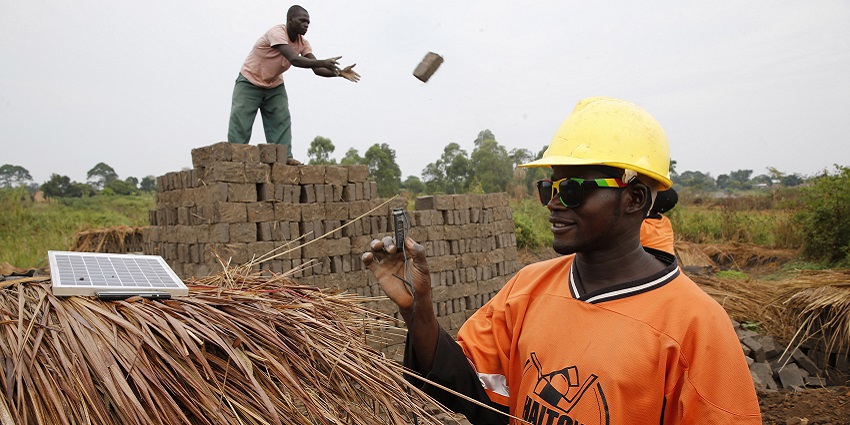Responsible finance serving the general interest

© Philippe Lissac
As part of a report on responsible finance, Admical met in April with Eric Campos, Managing Director of the Grameen Crédit Agricole Foundation and CSR Director of Crédit Agricole SA. This was an opportunity to discuss the prospects and challenges of the inclusive finance sector. A spotlight on this interview, available in full on Admical.
What is your assessment of the Foundation's first two terms?
The Foundation is a player in inclusive finance that seeks to reconcile economic profitability and social impact. To this end, it pursues a rigorous investment policy that prioritizes both sustainability and positive social externalities. The Foundation integrates financial and social performance at the heart of its investment process.
In 10 years, the Foundation has provided €200 million in financing to 38 countries, including 40% among the least developed countries with a loss rate of less than 0.6%. €200 million of financing has enabled the financing of between 600,000 and 700,000 microloans. More than 80% of microloan beneficiaries are women, and we operate overwhelmingly in rural areas.
In your opinion, how is the responsible finance sector likely to evolve in the coming years?
Responsible finance is a broad concept that covers several definitions, but can be summarized by the practice of the profession aimed at reconciling financial performance and social, environmental, or societal impact. But in reality, we cannot say that there is responsible finance on the one hand and irresponsible finance on the other. In fact, responsible finance is that which integrates this dual concern and explicitly reports. I believe that this way of integrating the effect or externality could gradually become the general rule, even in so-called traditional finance.
Last October, Amundi, the leading European asset manager, decided to integrate ESG factor analysis into all of its funds under management within three years. By integrating these criteria, Amundi clearly illustrates that non-financial criteria are gradually entering the range of assessment criteria for investment funds. This approach clearly demonstrates the dynamic evolution of finance.
A word about the Foundation's next five-year term. What are its major strategic directions?
Climate change, population growth, digital transformation... many challenges are shaking the world of microfinance. There is an urgent need to mobilize resources, innovate with new means of action, and strengthen cooperation. This conviction is at the heart of the Grameen Crédit Agricole Foundation's actions and its development plan.
The Foundation will continue to adapt to these new challenges by diversifying its expertise and enhancing its intervention methods. These three strategic challenges will guide its actions in the coming years.
Find the full interview with Eric Campos on Admical.



Leave a Reply
Want to join the discussion?Feel free to contribute!